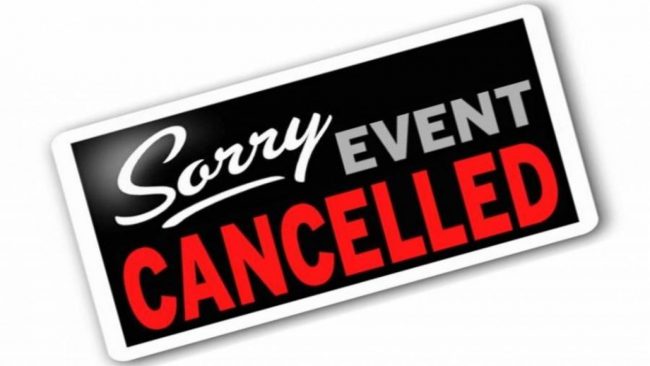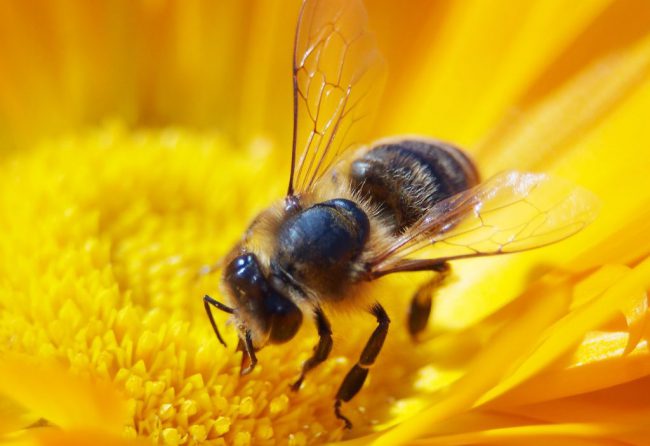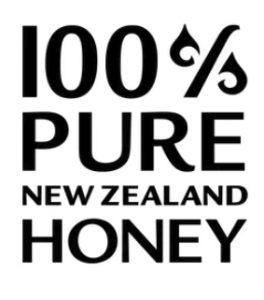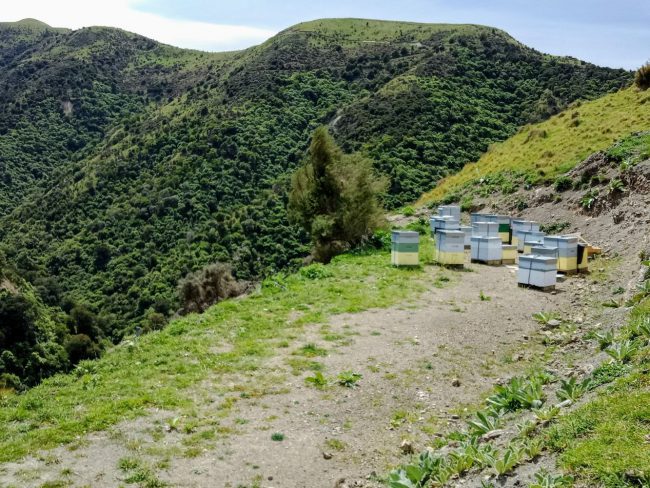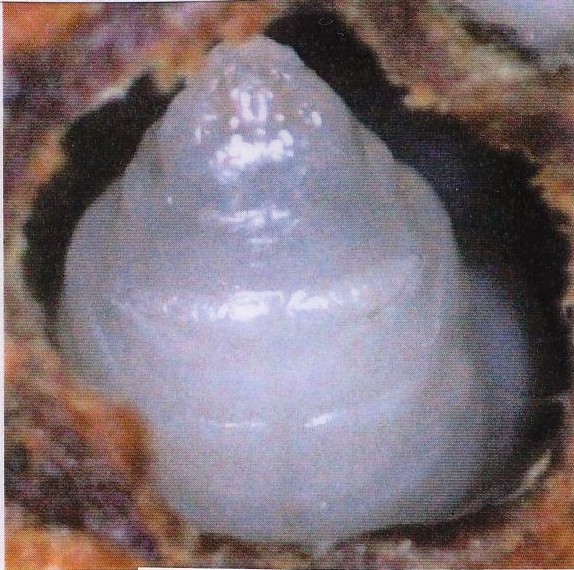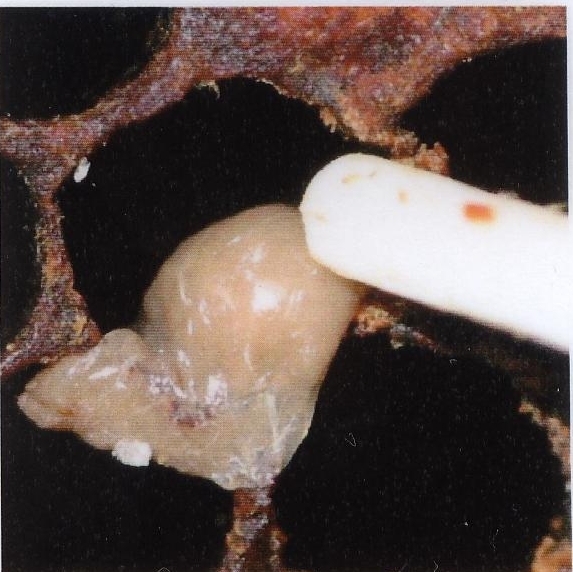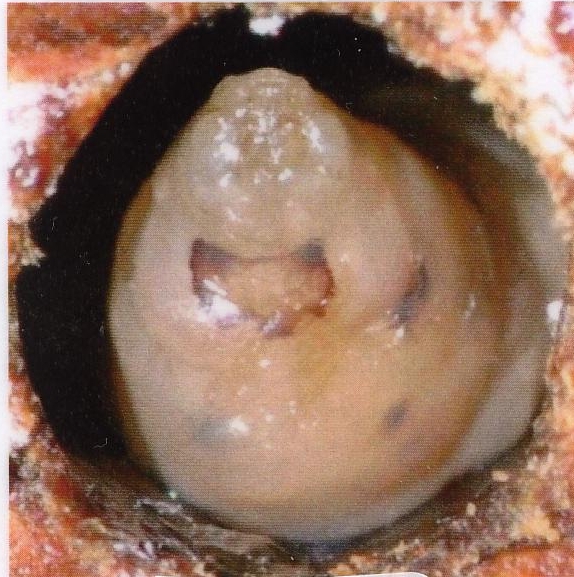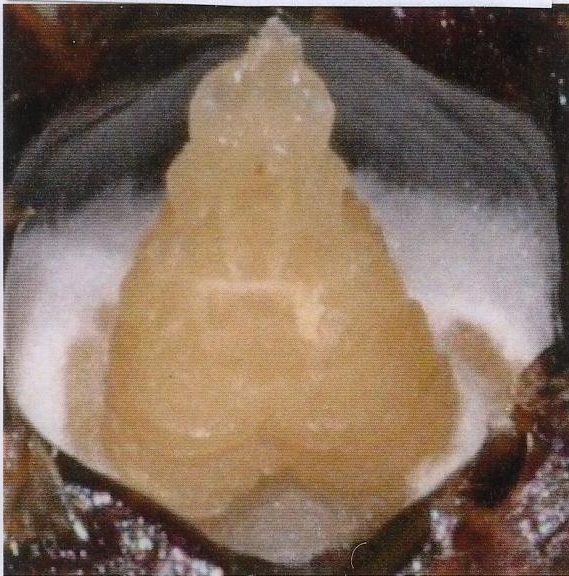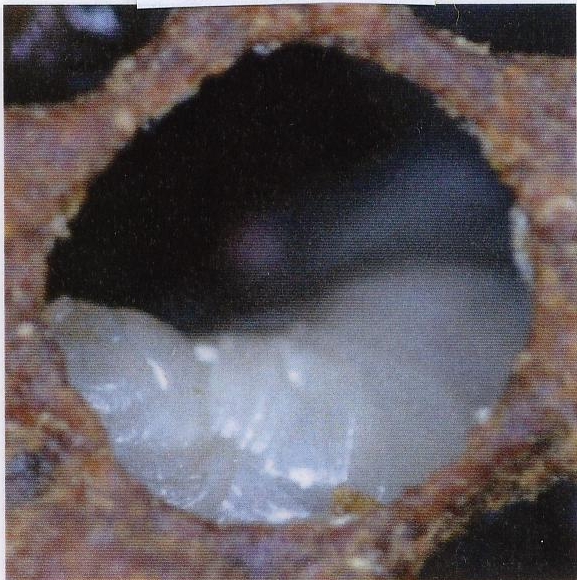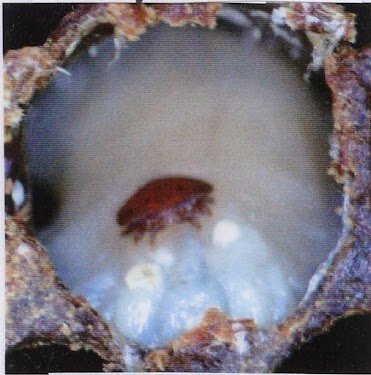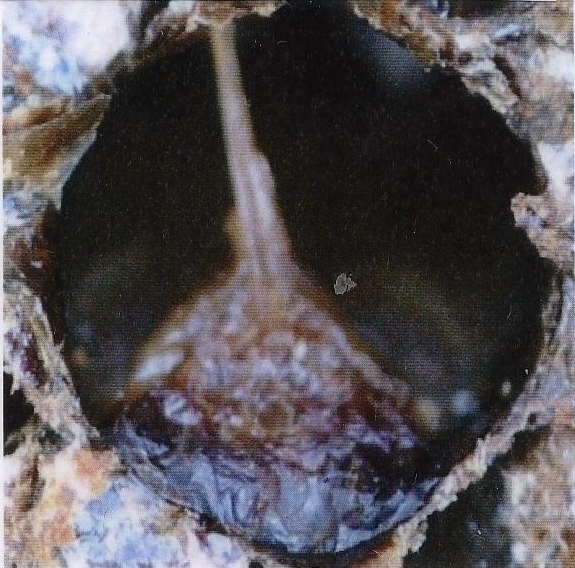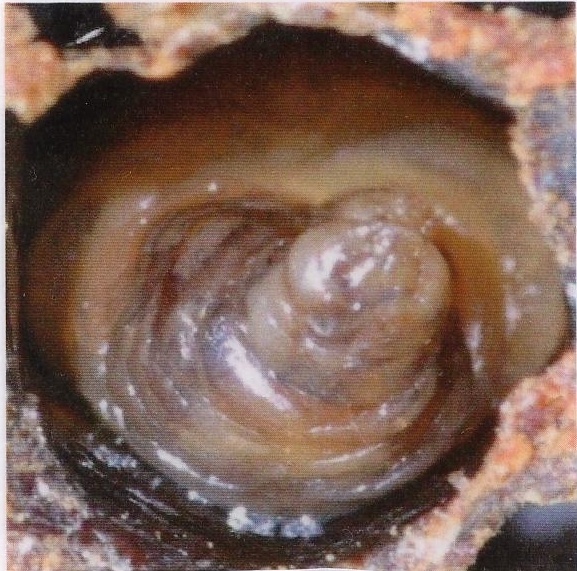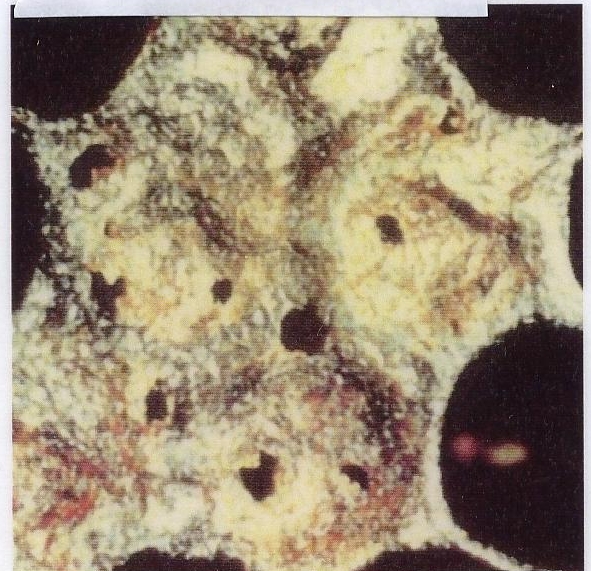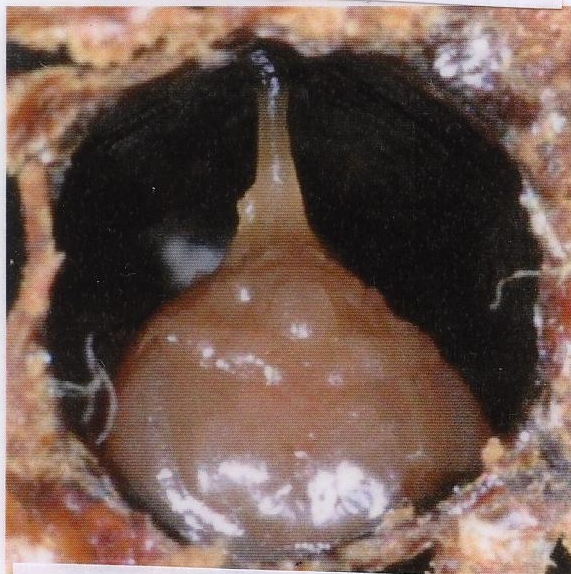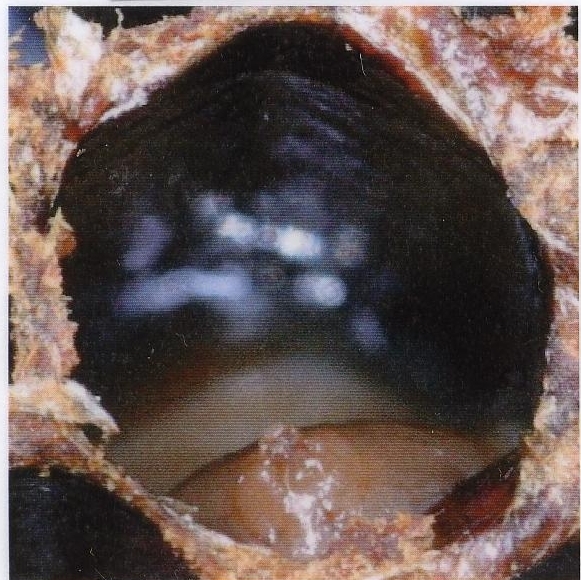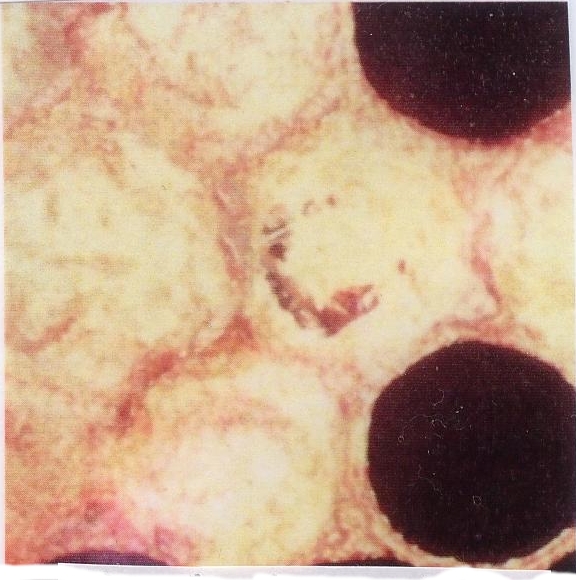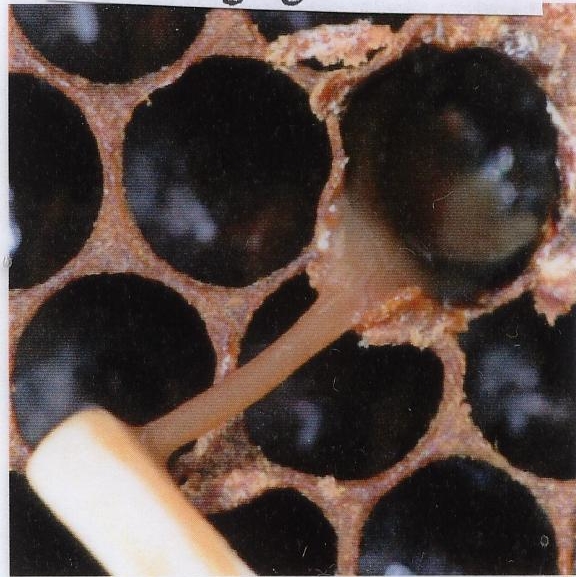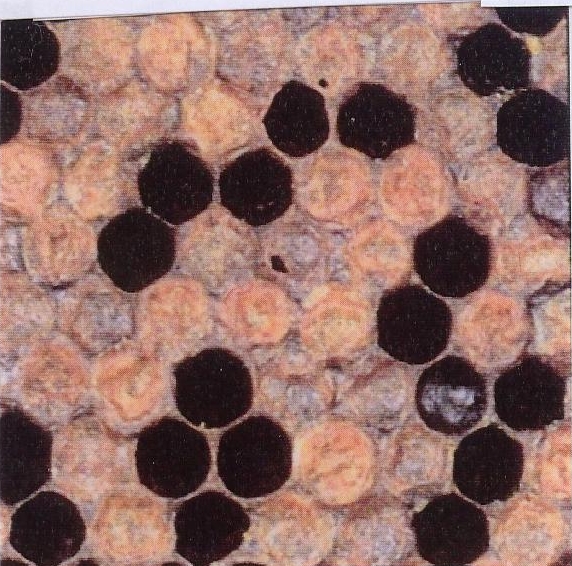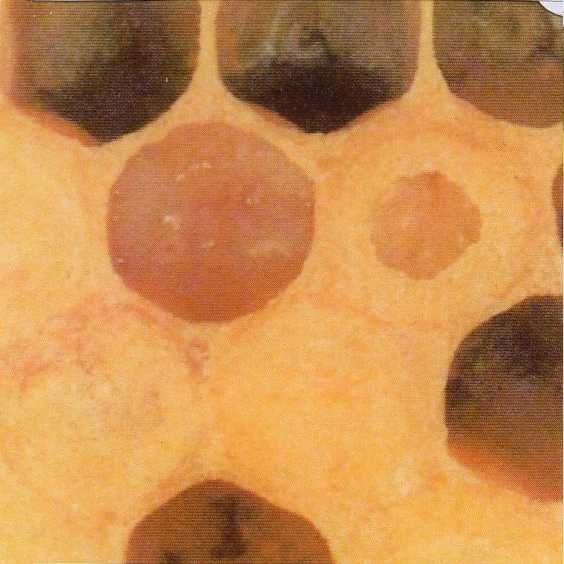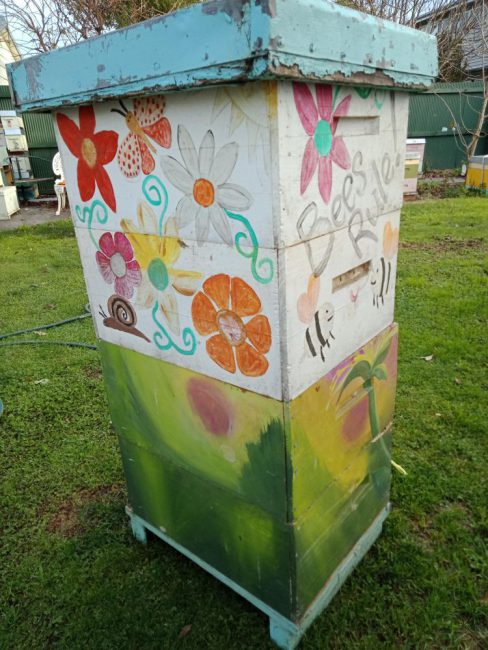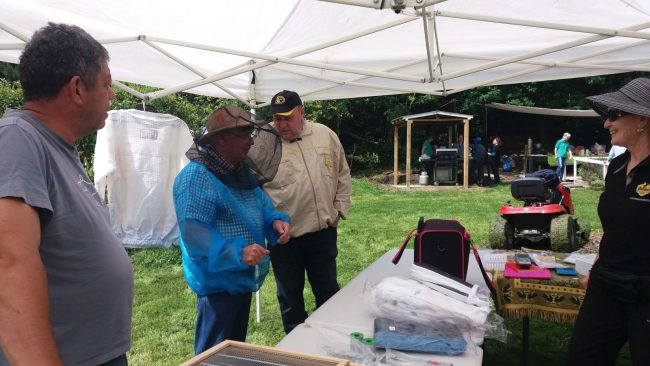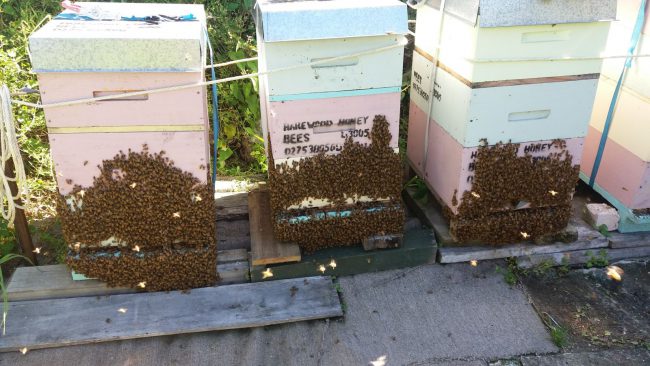Here are some of the rules concerning the transfer and
selling of hives:
1. When a hive is transferred from one beekeeper to another
it is a requirement upon the seller to guarantee that the hive is free
of any diseases and other pathogens as well as unwelcome insects such as
varroa, etc.
This requirement is written into law.
2. The seller must ensure that the buyer has registered the
site upon which the hive will be placed and that the site meets any local
requirements and by-laws.
3. If the buyer is a new beekeeper then the seller must
furnish the buyer with a form so that the site can be registered with the
authorities. Very often the seller will assist the buyer to fill out the form.
This is because a requirement on the form is that the coordinate map reference
using the NZ 260 maps must be given and it is most likely that the new
beekeeper will be totally unfamiliar with this.
Registration is free but it is nonetheless a lawful
requirement.
4. When a seller transfers a hive to a new beekeeper then
the seller will also give support for a minimum period of (usually) six months
so that the health and well being of the hive can be periodically checked and
maintained in the new condition. Working with the buyer, many skills can be
transferred to the buyer so he/she can maintain the hive without further
assistance. Telephone and email support is also usually offered.
5. Normally, the seller will advise upon the best place to site
a new hive. This is typically in a position so that morning rising sun will be
on to the front of the hive. The placement should also be free of cold wind,
dampness and other livestock and threats to the hive. A hive strap is often
needed, particularly if the area suffers from seismic activity such as is the
case in most of Christchurch.
6. The new beekeeper must be educated with some of the facts
concerning bee colonies to ensure that the novice is not placed in any danger.
Bees can be aggressive and can inject a toxin via a stinger at the bees rear
end. Some people react badly to this toxin to the point that breathing becomes
impossible and in some cases death may ensue. Some others suffer huge swelling
that can be dangerous to health.
It is therefore imperative to wear a protective suit with a
veil and suitable gloves.
7. Members of the new beekeepers family and friends must be
told of any dangers that may occur when working around bees. This particularly
applies to children and family pets. Bee venom is highly toxic to dogs
Derek T Skinner

